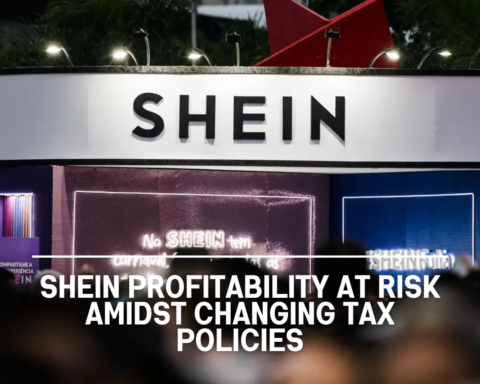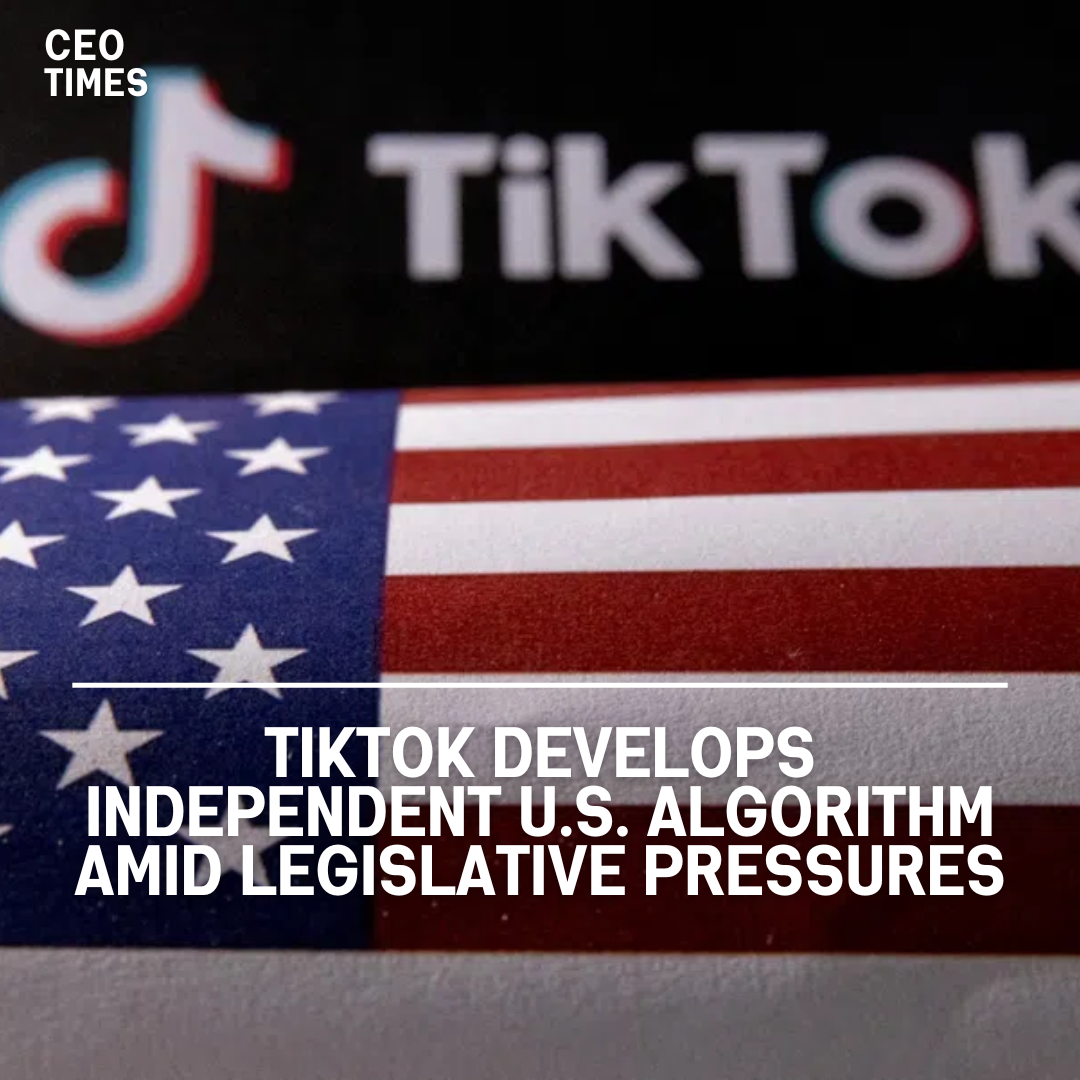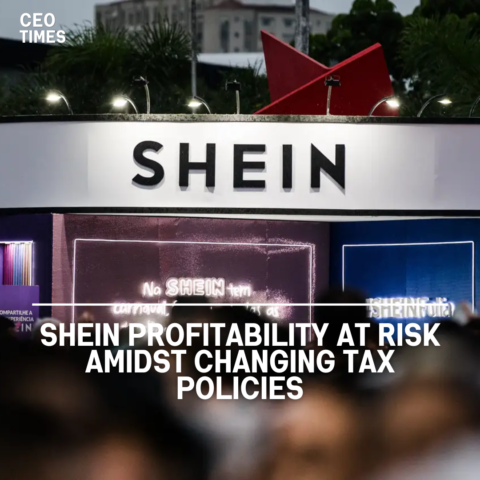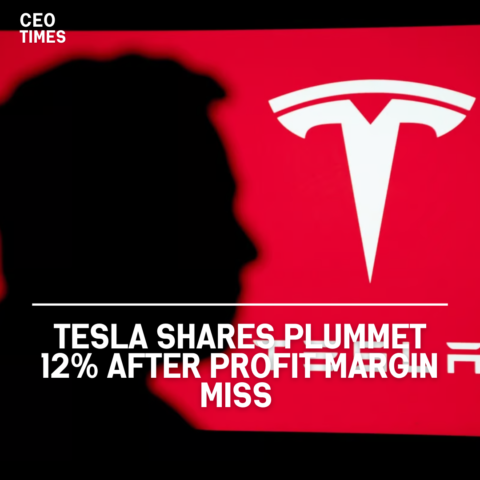TikTok is working on a clone of its recommendation algorithm for its 170 million U.S. users. According to sources with direct knowledge of the efforts, this may result in a version that operates independently of its Chinese parent and be more palatable to American lawmakers who want to ban it.
The work on splitting the source code ordered by TikTok’s Chinese parent ByteDance late last year predated a bill to force a sale of TikTok’s U.S. operations that began gaining steam in Congress this year. The bill was signed into law in April.
Potential for U.S. Asset Divestiture:
The sources, who were granted anonymity because they are not allowed to speak publicly about the short-form video-sharing app, said that once the code is split, it could lay the groundwork for a divestiture of the U.S. assets.
However, there are no current plans to do so.
The company has previously said it had no plans to sell the U.S. assets and such a move would be impossible.
TikTok Response and Legal Context:
TikTok initially declined to comment. After this story was published, TikTok, in a posting on X, said, “The Reuters story published today is misleading and factually inaccurate,” without specifying what was inaccurate.
TikTok also posted a passage from its federal lawsuit: “The ‘qualified divestiture’ demanded by the Act to allow TikTok to resume operating in the United States is simply not possible: not commercially, not technologically, not legally. And certainly not on the 270-day timeline required by the Act.”
“We stand by our reporting,” a Reuters representative said.
TikTok and its Chinese parent company ByteDance sued in U.S. federal court in May, seeking to block the law forcing a sale or ban of the app by Jan. 19. A U.S. appeals court on Tuesday set a fast-track schedule to consider the legal challenges to the new law.
Technical Efforts and Code Separation:
In the past few months, hundreds of ByteDance and TikTok engineers in both the U.S. and China were ordered to begin separating millions of lines of code, sifting through the company’s algorithm that pairs users with videos to their liking.
The engineers’ mission is to create a separate code base independent of systems used by ByteDance’s Chinese version of TikTok, Douyin while eliminating any information linked to Chinese users, two sources with direct knowledge of the project told Reuters.
Addressing Political Risks and Privacy Concerns:
The previously unreported plan provides a rare look into what a technical separation of TikTok’s U.S. operations could be like and shows to what lengths TikTok will go to address the bipartisan political risk it faces. U.S. President Biden and other supporters of the law argue that TikTok gives Beijing far too much access to reams of data and information that could be used to spy on or influence TikTok’s U.S. users.
Reuters previously reported that selling the app with algorithms is highly unlikely. In 2020, the Chinese government added content recommendation algorithms to its export-control list, requiring a divestiture or sale of TikTok’s algorithm to go through its administrative licensing procedures.
Origin and Customization of the Recommendation Engine:
According to a legal filing, the source code for TikTok’s recommendation engine was originally developed by ByteDance engineers in China and customized for operations in TikTok’s various global markets, including the U.S..
ByteDance has attributed TikTok’s popularity to the effectiveness of its recommendation engine, which bases each user’s content feeds on how they interact with the content they watch.




















